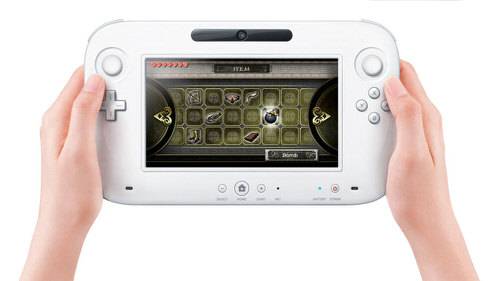
News broke earlier this week of a new hack to Nintendo’s Wii U that would allow gamers to play unauthorized (read: pirated) games. Nintendo immediately disputed it. But whether it’s true or not, the Wii U will most certainly be hacked before long — and that fact tells us a lot about the increasingly tense arms race being waged between console manufacturers and hackers.
Users have been hacking their consoles — in the sense of writing new games and implementing new functions of their operating systems — since the dawn of gaming. But back when the hardware of your 1970s era console only slightly resembled the inside of your computer, it was more of a hobby and less of a widespread movement.
In fact, you can blame game developers, not ordinary users, for modern anti-hacking measures. The Atari 2600, released in 1977, had no software restrictions at all, and neither did competing consoles. This left developers free to create a flood of terrible and low quality games that overwhelmed consumers and led to the great video game crash of 1983 — the industry’s first major recession.
Nintendo Clamps Down
That changed with the rise of Nintendo, which sought to reverse Atari’s openness in favor of tight control over console technology and a business model that relied on revenue from licenses sold to game developers. Nintendo sought to ensure high-quality games by retaining the sole right to approve them — and by locking out rivals and hackers who might create their own.
Overnight, the challenge for hackers flipped from exploiting the potential of Atari’s open platform to finding ways to circumvent Nintendo’s lockout chip. It’s a cycle that’s continued to this day. Today, the Internet makes it easier than ever for hackers to collaborate and distribute exploits that allow even average players to bypass the lockdowns on their consoles.
If the Wii U has indeed been hacked, then it will join the ranks of the Playstation 3, Playstation 2, XBox 360, Xbox, Wii, Nintendo DS, and PSP. All of these consoles can be jailbroken like iPhones, ready to run whichever programs their owners choose. That could mean running an operating system like Linux on your XBox, loading homebrew, or original, games on your Wii, or playing pirating copies of commercial games on your PS3.
Hackers Rev Up The Arms Race…
Obviously I don’t endorse piracy, and even at its most innocuous, console hacking lies in a legal gray area. (The Electronic Frontier Foundation is trying to change that.)
But it’s hard to imagine that hackers will — or can — be stopped. Locking down consoles seems to do little, if anything, to slow down people intent on hacking anyway. The more restrictions console manufacturers apply, the more it appears to spur hackers into trying to remove them.
Or just enrage them. For instance, Sony’s PlayStation Network —its online game service — was hacked shortly after Sony removed support for Linux on the PS3. Sony’s retroactive cutoff of the one place hackers could play around in the console could easily have incited the attacks in response. Of course, the PSN hack was very different from console “jailbreaks,” not least because it may also have resulted in credit-card fraud following the theft of user data.
…And So Do Game Companies
Yet console manufacturers won’t give up, either. Their lockdowns are mostly ineffective against hackers, but they do plenty to make it not worth the average player’s time. If there was no lockdown at all, anyone could burn illegal copies of games on CDs to share.
The big console makers also have an incentive to hold onto all the money they can get. Aside from pirates, consoles face a slew of big challenges, not least among them a robust second-hand game market they would dearly love to kill off and a profusion of 99-cent game apps that are frequently just as fun to play as the $60 monsters produced by big game developers.
Of course, this entire mode of thinking could go out the window when the Ouya is out this summer. The world’s first “pre-hacked” console is a throwback to the fully open Atari. The very fact that it earned $8 million while still a concept shows a high demand for a open-source system, but time will tell if it inherits the Atari’s woes or finds a way to make it work.
Photo courtesy of Nintendo

















